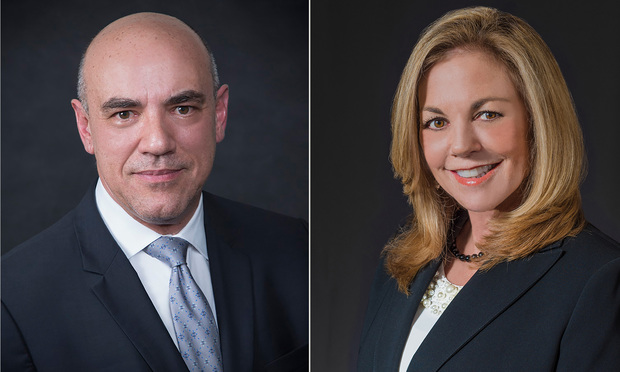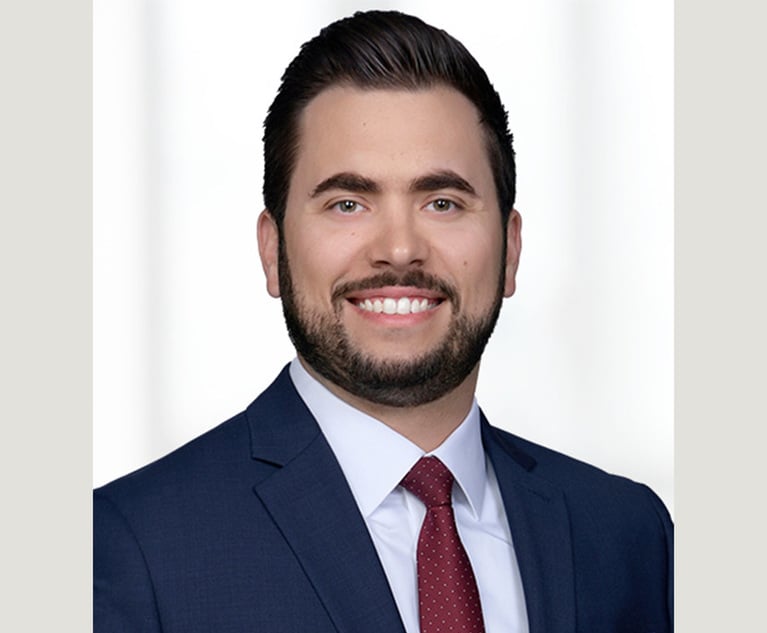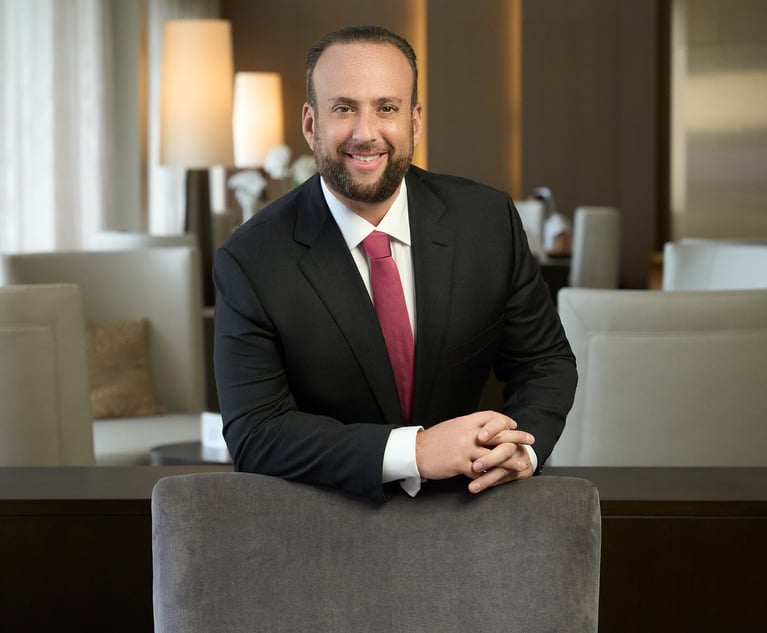Meteorologists and scientists predict Florida’s 2020 hurricane season, which commenced on June 1, will be a very active season. Some predict as many as 16 named storms, with eight expected to become hurricanes, and four reaching major hurricane strength. Florida’s developers, general contractors and the broader construction industry must be proactive to ensure their hurricane procedures are in place and ready to implement should a storm threaten the region. On any active construction site, readying for a storm includes protecting supplies and materials, covering building openings, removing debris, removing or securing equipment, lowering cranes, documenting the conditions at the site and coordinating jobsite security.
The 2020 hurricane season may prove to be like no other. Never has the development and construction industry had to prepare for a hurricane season while also dealing with the effects of an active pandemic. In March, while residents were sheltering in place and many businesses temporarily closed due to the pandemic, construction was deemed an essential business and was allowed to continue, but it was anything but business as usual. In order to continue operating, the construction industry had to learn, in real time, to operate under new health and safety regulations and restrictions and deal with incidence of jobsite infections. New safety procedures were implemented—including proper social distancing, use of personal protective equipment, increasing the number of washing stations, decreasing the number of employees allowed to congregate at lunch trucks, limiting presence on common conveyances (lifts and elevators) and sanitizing workstations. Moreover, suppliers began placing buyers on allocation, increasing delivery durations and pricing with risk premiums.


 Peckar & Abramson partners Melinda S. Gentile and Jerry P. Brodsky in Miami. (Photo: Courtesy Photo)
Peckar & Abramson partners Melinda S. Gentile and Jerry P. Brodsky in Miami. (Photo: Courtesy Photo)




